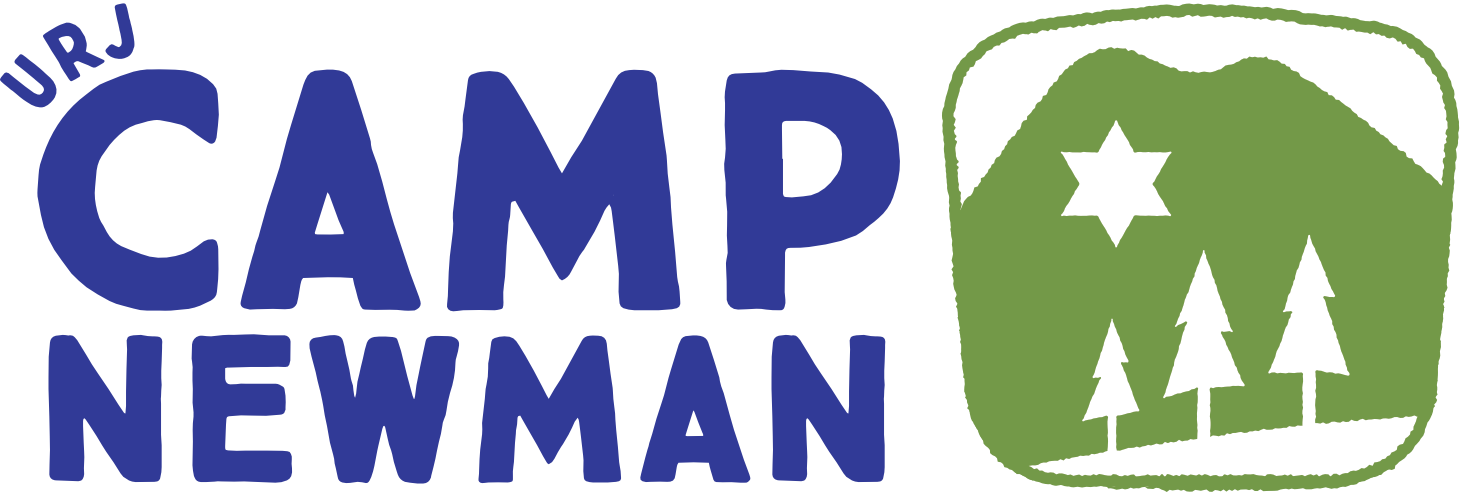
During the final Shabbat of the summer, several members of our Mishlachat – Israeli staff members – offered readings about their connections to camp, home, and community at such an uncertain time. We hope you will find as much meaning in their thoughtful words as our camp community did this summer.
Daniel, Noam, and Renee – At the Culmination of Kabbalat Shabbat
Daniel:
When Shabbat enters in Israel, it’s not only heard in synagogues. It’s felt in the emptying roads, in the soft air, in the sound of kids playing in the park, in the smell of fresh challah at the local bakery, and in music floating out of a small café down the street. In Israel, Shabbat takes on many forms. Each community, each family, even each person, finds their own way to connect. Some stick to long-held traditions, while others discover new ways to pause, reflect, and gather each week.
Noam:
Shabbat in Israel is a mosaic – mosaic of languages, melodies, flavors, and customs. From north to south, from new immigrants to long-time residents, from cities to small towns – somehow, Shabbat touches almost everyone, each in their own way. We, the Israeli משלחת come from different parts of the country, with different backgrounds, stories, and experiences – but when we think of Shabbat, we all recall familiar smells, favorite tunes, and a shared sense of calm.
Renee:
And here, at URJ Camp Newman, far from home, we are rediscovering the magic of Shabbat. A Shabbat of community, of meaning, of connection. A Shabbat that makes space for everyone – just like in Israel. It reminds us that there is a Jewish way that is personal, inclusive, and open. Shabbat becomes a pause, a breath, a chance to remember that we are part of something bigger than ourselves – a people, a story, a culture, a hope. And a big loving community
Linoy, Osher, and Ziv – Reading before the Aleinu
Linoy:
Our brothers are there, and we are here. Since October 7th, 2023, Israel has been going through one of the most painful and challenging times in its history. As Israelis and as a global Jewish community, no matter where we are in the world, we’ve all felt the pain in some way.
Osher:
We pray that those who are still held in captivity will be back home. May all of them be brought from distress to relief, from darkness to light, and from bondage to redemption. Our hearts are with their families and friends, who are hurting and missing them.
Ziv:
And now, please join us in the “Acheinu” prayer which speaks to our brothers and sisters in danger and who are still held in captivity.
May we continue walking forward, together, with courage, clarity, and a commitment to peace.
Shachaf, Shani, Libby, and Shaked Y – Before the Closing Song
Shachaf:
As we close our tefillah and welcome Shabbat. We want to take this opportunity and talk about hope. Tikva. When talking about hope, each person has their own definition and idea in mind. In Hebrew when you hear this word the first thing that comes to mind is Israel’s national anthem “hatikva”- the hope, written by Naftalie Herts Himber.
Shani:
A phrase Naftali was using in his writing is “עין לציון״”. Looking towards ציון (no, not tzion from oky staff) Tzion, the abstract idea of a safe welcoming community for Jewish people. Here at Newman, the community we got to know in the past couple months is exactly how we interpret this phrase.
Libby:
Every good deed, mitzva, every tefilla, every voice that’s heard here, reaches us from across the ocean. Your support gives us strength in difficult times. All of that together is “עין לציון״”. In the past couple months, you, this amazing community created here showed us how united the Jewish people are around the world-You showed us light.
Shaked Y:
As Miriam Perez- a public figure and Israeli educator said: “״גם כששום דבר לא נראה ברור, אני שומעת את הלב פועם – וזה מספיק לי לדעת שהאור עוד לא כבה.״“ Even when nothing seems clear, I can still hear the heartbeat – and that’s enough for me to know the light hasn’t gone out.”
And this, you, us – is what gives us hope.
